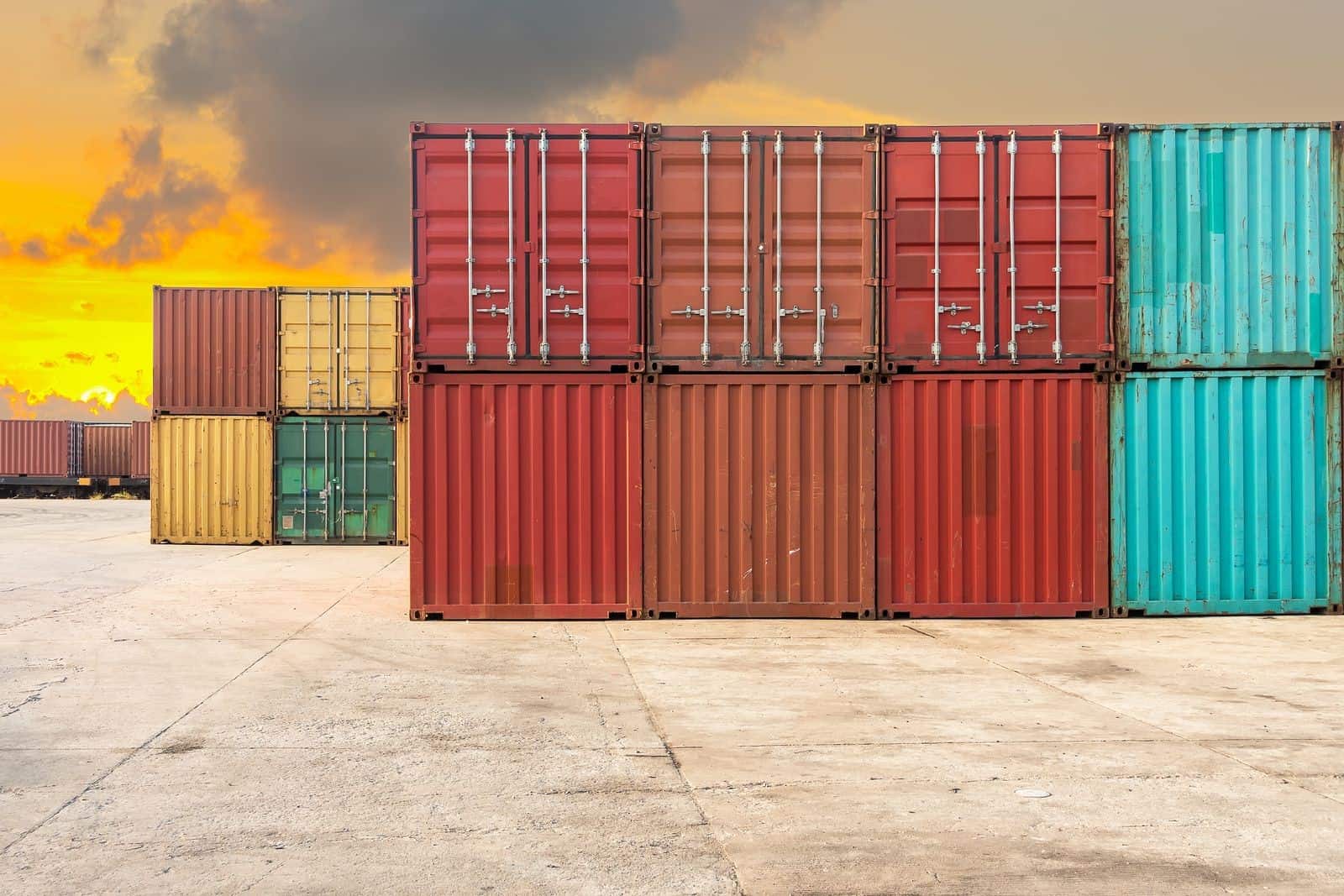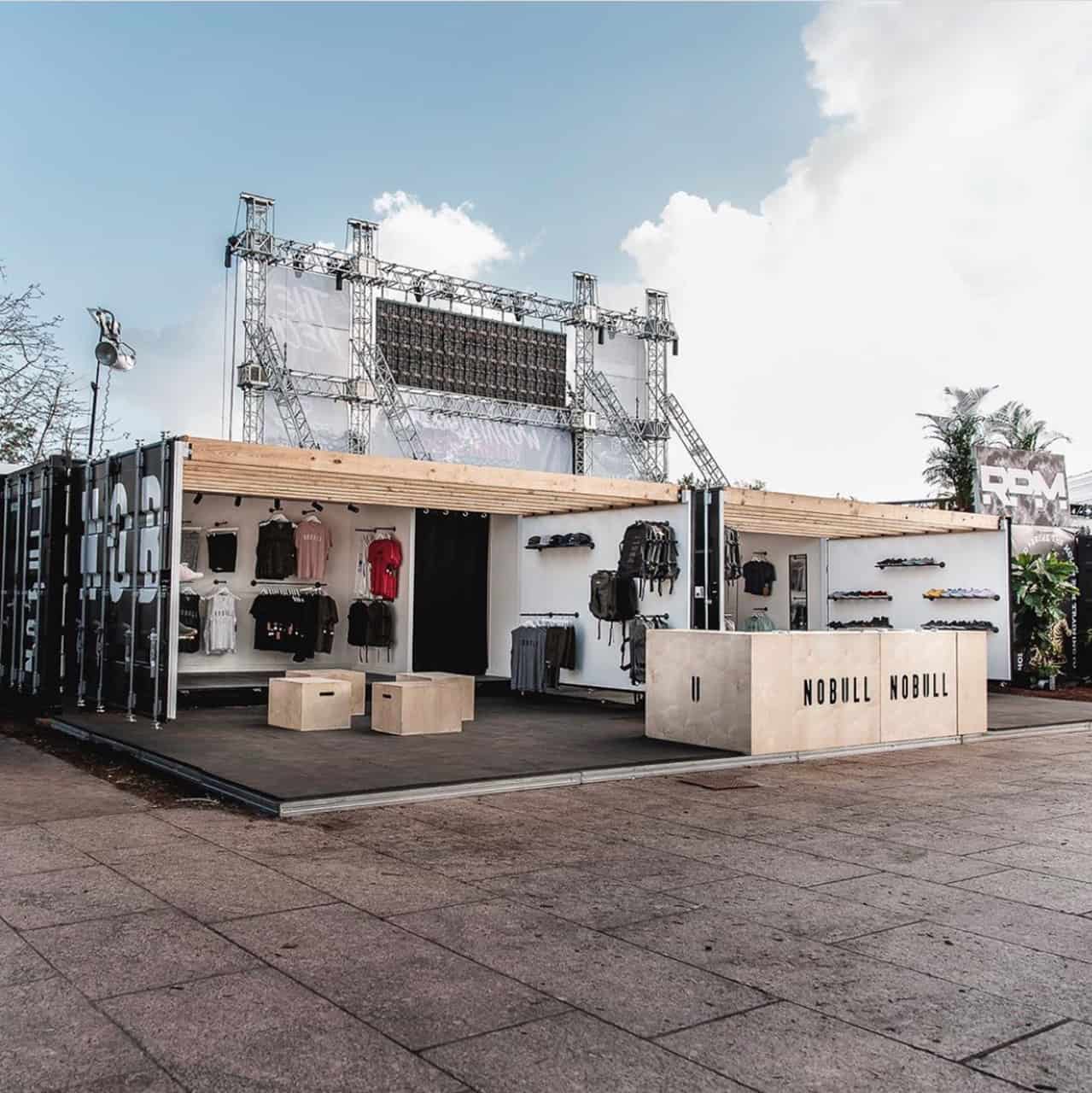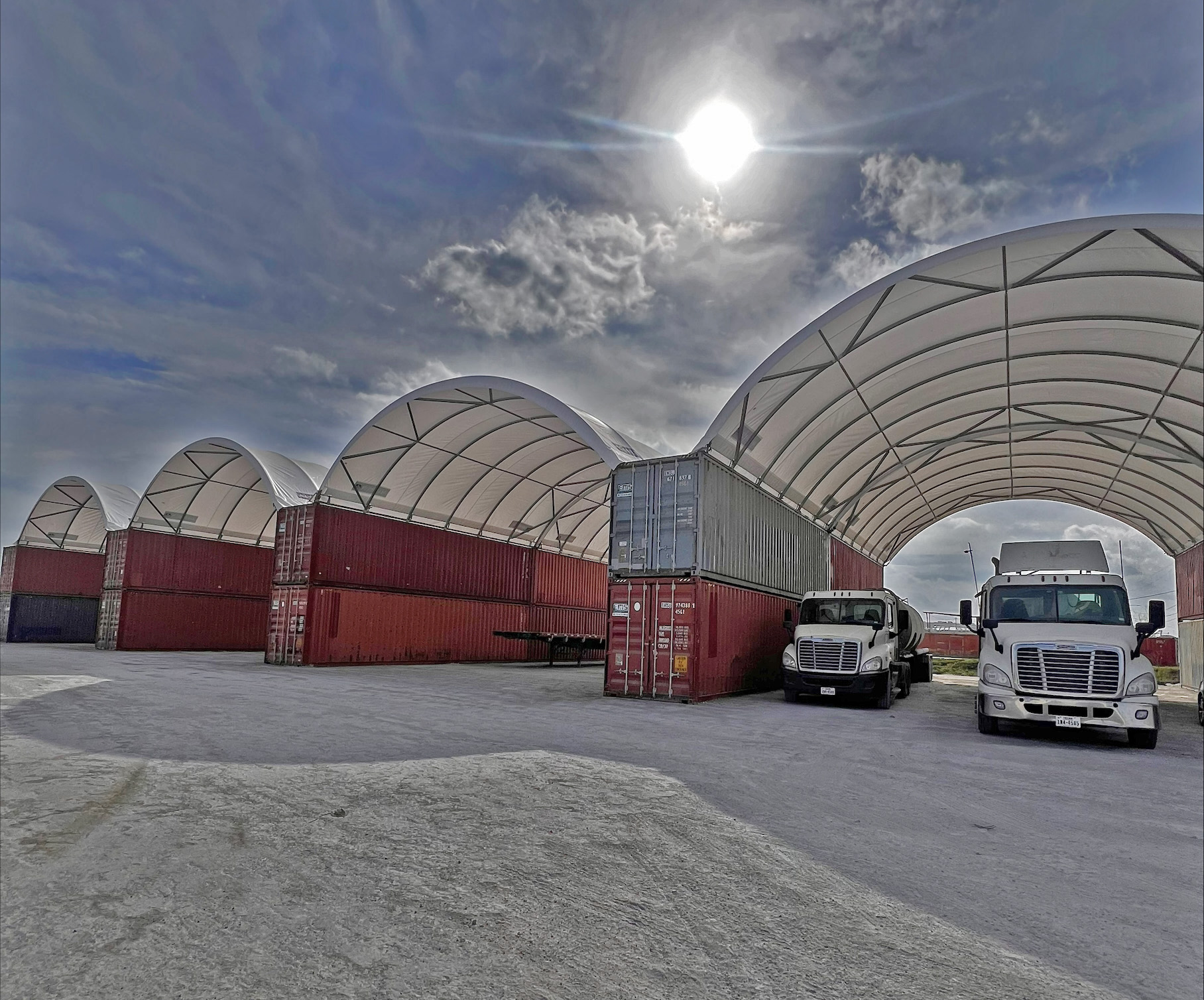Years ago, shipping containers were exclusively used for hauling and loading cargo on board ships and trucks, or used as storage spaces. Nowadays, however, more people are repurposing these containers as homes or business spaces.
A shipping container, otherwise known as a conex box, is always in demand and packed with functional features. Here are some factors you should consider when looking for a conex box for sale.

New or Used
Decide on what type of container you need. Remember that each one has its own set of advantages, such as dimension and body type-based features (e.g., dry storage, open-top, tunnel).The biggest difference between a brand new and used container, apart from its age, is its price. If you have the budget, you can opt to get a new container. If you prefer to get one that allows you to cut on costs, then a used container will do.
Keep in mind, though, that used containers may have certain conditions that will require some touch-ups or repairs. In which case, you will still also have to shell out money on top of its sale price. Weigh your options carefully and see which will be more economical for you.
Dimensions and Condition
In deciding on the size of the unit you want, consider the intended location. Is it going to be on an open field or are you going to use it as an extension or additional section for an already-existing structure? There are options for 20-ft. 40-ft, as well as high cube containers. More than having ample space, you must make sure that it’s will meet quality standards and safety requirements.
If you’ve more or less narrowed down your search, set a time for the unit’s inspection with a professional. It’s important to guarantee the quality and safety of the unit, especially if you will be repurposing it into a new home or other types of living space.
Location and Setting Up
Apart from determining the actual quality of the unit itself, it’s also important to prepare the location where it will be used. Remember to inquire about zoning and building rules in your area; some don’t allow the use of container boxes to preserve a uniform aesthetic, while there are those that are chiefly concerned about the safety of the structure.
Check the local regulations to ensure you’re not going to get in trouble for your structural design choices. If necessary, coordinate with your shipping container dealer so you can have modifications made, if that will get you the local authority’s approval. Not only will you save everyone the time and effort, but you will also save on costs when pursuing your dream container van project.
Sources
10 Things You Need to Know Before You Buy a Shipping Container, offgridworld.com
Complete Guide to Buying Shipping Containers, containerhomeplans.org









